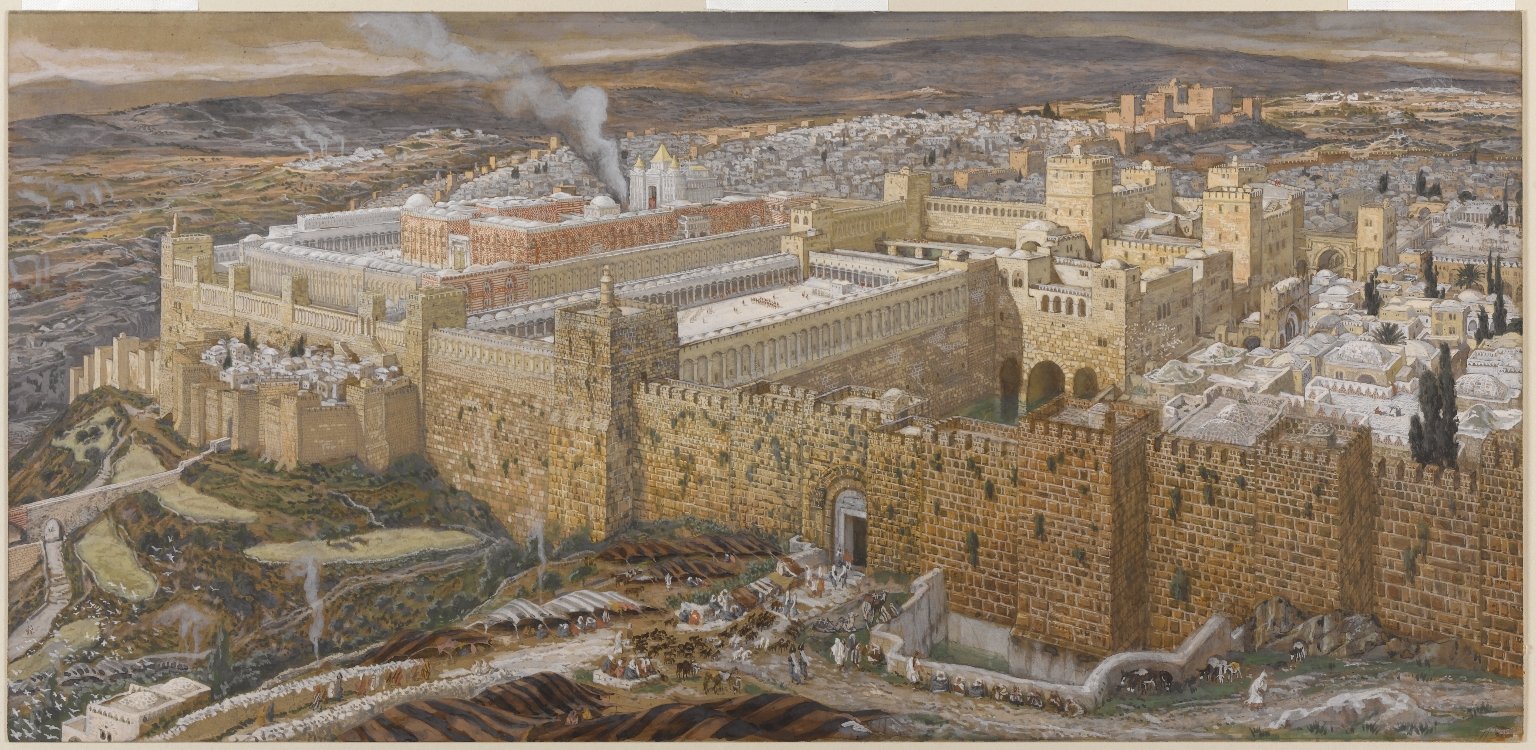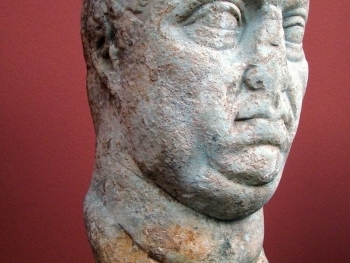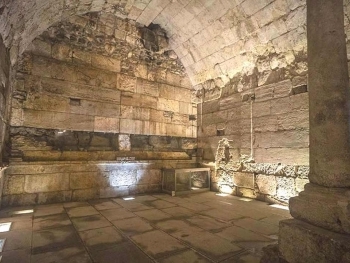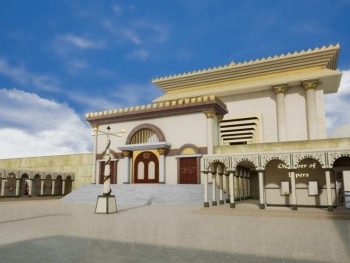Herod's Temple, also known as the Second Temple, was a crucial site in the history of the Jewish people. According to the Hebrew Bible, the temple was built on the same site where King David had purchased the threshing floor of Araunah the Jebusite, which was later used as a site for a sacrificial altar. The temple was also the location where Jesus Christ preached and performed miracles.
The construction of Herod's Temple had significant connections to biblical prophecies. The prophet Haggai, who lived during the time of the rebuilding of the temple, had prophesized that the temple would be more glorious than the previous temple. The prophet also foretold that the temple would be filled with the glory of the Lord and that it would be a place of peace.
The construction of Herod's Temple fulfilled these prophecies. The temple was grander and more magnificent than the previous temple, and it was adorned with gold, silver, and precious stones. The temple was also a place of peace where Jews from all over the world could come to worship and offer sacrifices.
The temple was also central to Jewish eschatology, or the study of the end times. According to Jewish tradition, the temple will be rebuilt in the future, and the Messiah will reign from it. The temple is also believed to be the site where the final judgment will take place, and the righteous will be separated from the wicked.
The destruction of Herod's Temple by the Romans in 70 CE was a significant event in Jewish history. It was a time of great sorrow and mourning, as it symbolized the destruction of the Jewish people and their way of life. However, the destruction of the temple also played a crucial role in the development of Jewish tradition and the rise of rabbinic Judaism.
In conclusion, Herod's Temple played a crucial role in the history of the Jewish people and had significant connections to biblical prophecies. The construction of the temple fulfilled the prophecies of the prophet Haggai, and it was central to Jewish eschatology. The destruction of the temple was a significant event in Jewish history, but it also played a crucial role in the development of Jewish tradition. Today, the site of Herod's Temple remains a crucial site for both Jews and Christians, as it symbolizes the rich history and culture of the Jewish people and the life and teachings of Jesus Christ.




